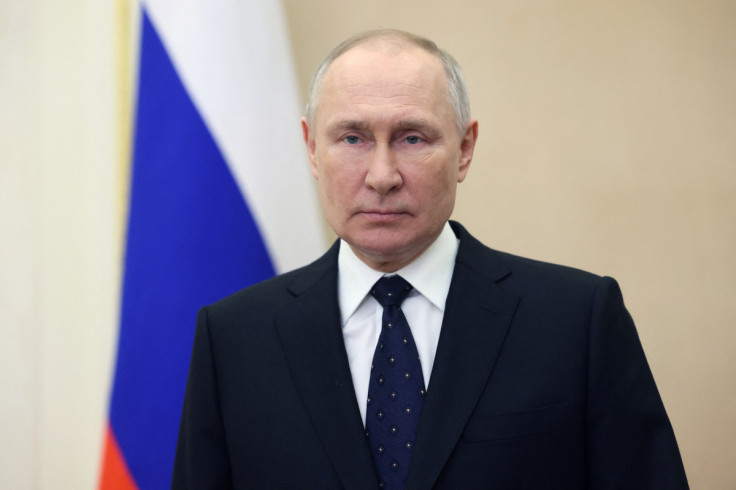Putin casts war as a battle for Russia's survival
A year since ordering the invasion of Ukraine, Putin is increasingly presenting the war as a make-or-break moment in Russian history

President Vladimir Putin cast the confrontation with the West over the Ukraine war as an existential battle for the survival of Russia and the Russian people - and said he was forced to take into account NATO's nuclear capabilities.
A year since ordering the invasion of Ukraine, Putin is increasingly presenting the war as a make-or-break moment in Russian history - and saying that he believes the very future of Russia and its people is in peril.
"They have one goal: to disband the former Soviet Union and its fundamental part - the Russian Federation," Putin told Rossiya 1 state television in an interview recorded on Wednesday but released on Sunday.
The NATO and the West dismiss such narrative, saying their objective is to help Ukraine defend itself against an unprovoked attack.
Putin said the West wanted to divide up Russia and then control the world's biggest producer of raw materials, a step, he said, that could well lead to the destruction of many of the peoples of Russia including the ethnic Russian majority.
"I do not even know if such an ethnic group as the Russian people will be able to survive in the form in which it exists today," Putin said. He said the West's plans had been put to paper, though did not specify where.
The United States has denied that it wants to destroy Russia, while President Joe Biden has warned that a conflict between Russia and NATO could trigger World War Three, though he has also said Putin should not remain in power.
Putin said the tens of billions of dollars' worth of U.S. and European military assistance to Ukraine showed that Russia was now facing off NATO itself - the Cold War nightmare of both Soviet and Western leaders.
Ukraine says it will not rest until every last Russian soldier is ejected from Ukraine, including from Crimea which Russia annexed in 2014.
RUSSIA
Putin's existential framing of the war allows the 70-year-old Kremlin chief to gird the Russian people for a much more deeper conflict while it also allows him much greater freedom in the types of weapons he could one day use.
Russia's official nuclear doctrine allows for the use of nuclear weapons if they - or other types of weapons of mass destruction - are used against it, or if conventional weapons are used, which endanger "the very existence of the state."
Putin has signalled he is ready to rip up the architecture of nuclear arms control - including the big powers' moratorium on nuclear testing - unless the West backs off in Ukraine.
On Tuesday, he sought to underscore Russian resolve in Ukraine by suspending a landmark nuclear arms control treaty, announcing new strategic systems had been put on combat duty and warning that Moscow could resume nuclear tests.
Putin said Russia would only resume discussion once French and British nuclear weapons were also taken into account.
Russia, which inherited the Soviet Union's nuclear weapons, has the world's biggest store of nuclear warheads. It has more warheads that the United States, France and Britain combined, according to the Federation of American Scientists.
"In today's conditions, when all the leading NATO countries have declared their main goal as inflicting a strategic defeat on us, so that our people suffer as they say, how can we ignore their nuclear capabilities in these conditions?" Putin said.
Putin said the biggest result of the past year was the unity of the Russian people.
(Reporting Reuters, editing by Guy Faulconbridge and Tomasz Janowski)
Copyright Thomson Reuters. All rights reserved.





















